Archive
Many Australian publishers question the ability of overseas publishers to market and distribute a London published book by an Australian writer in Australia. The emotional and commercial commitment to a book by a distributor, they argue, is not the same as that of a publisher. An Australian publisher also has a better perception of the market and the quantities required. In the case of the market being underestimated, reprints of sufficient quantity can be supplied relatively quickly. In general my experience as a bookseller would confirm these comments.
... (read more)The Best of Max Harris: 21 years of browsing by Max Harris
New York snow storms may blow outside his window, but Sumner Locke Elliott is feverishly busy indoors writing a novel set in Australia between the wars. He hopes to complete it by late spring.
... (read more)Unsettled Areas: Recent South Australian short fiction edited by Andrew Taylor
The Scots Abroad: Labour, capital, enterprise 1750–1914 edited by R.A. Cage
There must be something horribly deformed about a society in which the lowest paid work is often the most demanding and the least dispensable. Why, for instance, is the wellbeing of our elderly not worthwhile enough for people to be paid to deliver Meals on Wheels? Who doesn’t believe that the nurture of children is an enormously responsible job? Does a rubbish tip attendant get better paid than a clerk? Course not.
... (read more)The Orange Tree: South Australian poetry to the present day edited by K.F. Pearson and Christine Churches
Dear Sir,
Laurie Muller’s reported comments on the obligations (sic) of libraries and librarians, and the state of Australian publishing (ABR, December 1985–Jan 1986) must surely invite some responses!
... (read more)






